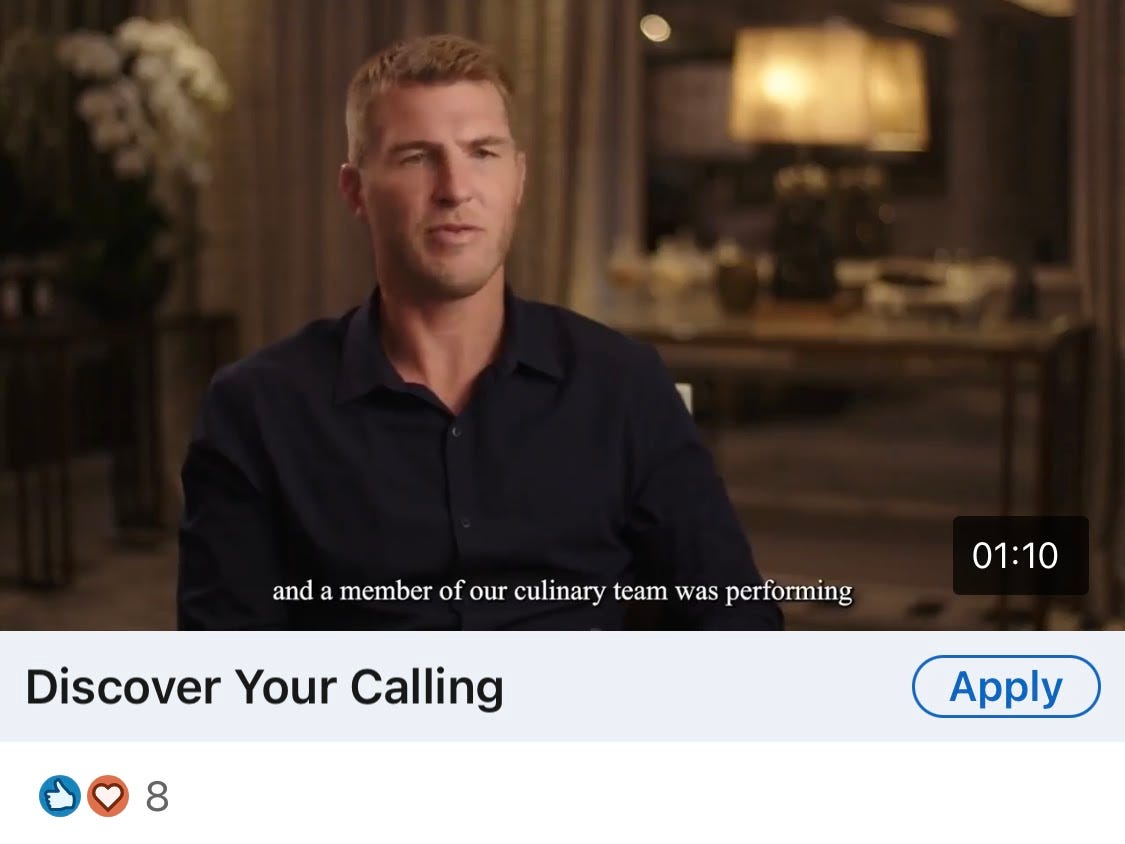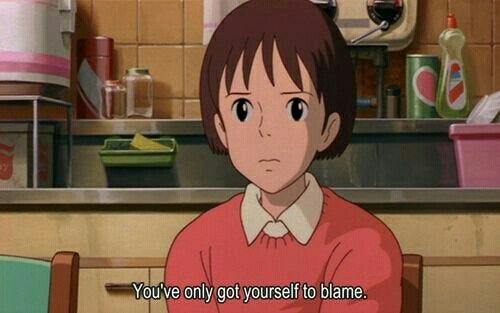You Can’t Find the Meaning of Life
Hey it's been a while! Here's my perspective on the meaning of life through the lens of Existentialism
I desperately searched for the meaning of life in the past year or so.
I thought, If I think a little longer, a little more clearly, I should be able to figure out the meaning of life.
But a year of thinking hard only led me to this: Life is absurd. It offers no purpose or explanation.
This realization caused so much anxiety because I always had this unconscious feeling that there's something out there meant for me, and I just have to figure out what that is to live a good life.
My anxiety also happened to be the starting point of my interest in a philosophy I encountered recently: Existentialism.
In the 1930s, the French philosopher Jean-Paul Sartre and others started developing Existentialism. The philosophy developed as a practice people can apply in their day-to-day lives. It recognizes anxiety as a necessary part of life and emphasizes the power of freedom we have.
Existentialism, in my words:
The world is an absurd place. It is all made up, and there are no rules. So, you can't 'find' meaning; you can only invent one. No essence of life exists until you commit to one. We're free and responsible.
Meaning Crisis
A sense of meaninglessness is prevalent in society. This is because we subscribe to the idea that everyone has a life mission. We're the main character of our movies, and we're meant to do something great. But the ideal is often far from the reality we experience.
We feel that we have a calling because of the stories we often hear growing up. All those movies and biographies fed to kids talk about how someone figured out their calling and became successful. But often, it’s just the knew-it-all-along phenomenon that creates the illusion of calling.
We love those stories because they assure us that our lives are also meaningful narratives. This form of storytelling has been central to human life for thousands of years. And the greatest stories of all time are religions. But, more and more people are deciding that God doesn't exist in modern society.
Yet, we still assume the existence of some permanent 'being.' The objective goodness. The external truth that can guide us.
That's how I grew up. There were always the good and bad schools to go to and the best career path to take. Even before I could read and write, there was a list of baseline achievements that assured a good life.
In Existentialism Is a Humanism, Sartre denies that life has an inherent meaning, a priori good.
"Existentialists... find it extremely disturbing that God no longer exists, for along with his disappearance goes the possibility of finding values in an intelligible heaven. There could no longer be any a priori good, since there would be no infinite and perfect consciousness to conceive of it. Nowhere is it written that good exists, that we must be honest or must not lie, since we are on a plane shared only by men."
If nothing can decide what is objectively meaningful, there's no 'how to' in life. All the laws of life that we think exist are all made up.
"You are free, so choose; in other words, invent. No general code of ethics can tell you what you ought to do; there are no signs in this world."
Existence Precedes Essence
Sartre says that the essence of life doesn't come until after we exist:
"What do we mean here by 'existence precedes essence'? We mean that man first exists: he materializes in the world, encounters himself, and only afterward defines himself...
What is more, to say that we invent values means neither more nor less than this: life has no meaning a priori. Life itself is nothing until it is lived, it is we who give it meaning, and value is nothing more than the meaning that we give it."
We don't have a fixed 'being,' a permanent meaning. We are not human beings. We are human becomings. We are continuously changing.
It is only through being solely responsible for our lives that we become something and invent our own values.
Burden of Freedom
Yet, the burden of freedom and responsibility causes anxiety and makes us deny our agency. If nothing is there to tell you what to do, then nothing but you are responsible for the consequences of what you do.
But denying freedom is what Sartre calls 'living in bad faith.' It means dismissing the ability to define and redefine ourselves at any time.
One way to deny your freedom is identifying ourselves as a mere thing, aka, "Because I am x, I do y." The x is the label we identify ourselves with, like our job title or our personality.
When my friend suggested I start writing something online, I said, "No, no, I am only a reader. I can't write." Here I am giving up my freedom and blaming the label for my lack of creativity. This type of story is a small but typical example each of us can spot in our lives.
The anxiety freedom causes might also be why we feel there's something out there in the world that's meant for us. Freedom is difficult. And if your mission is prepackaged for you, you don't have to suffer under the overwhelming freedom.
Another way to deny freedom to choose is accumulating options.
I've fallen into the trap. I was taking online courses on design, marketing, and programming. I wasn't sure which path was the best. So I kept taking them with no specific goals.
Don't get me wrong — trying different things is great, as long as you're intentional. But we want to ask ourselves this: "Am I avoiding responsibilities by accumulating more options?"
It's so scary to commit to something without knowing if that's the best thing to do. There always seems to be better options out there the moment we pick up something. So we create more optionality to feel the safety net. We say to ourselves, "If only I knew a little more, I would be able to figure out my mission."
But you make yourself only by shutting the doors of possibilities and committing to something.
Authentic Life
How do existentialists deal with responsibilities? By living authentically — that is, embracing the freedom of being the only entity responsible for inventing your values and always acting by your best understanding of who you are.
Inventions only come from the unpredictable, the unknown. So inventing yourself requires making your own choices and acting on them when there are no right answers.
For existentialists, no intentions are real unless they turn into actions, Sartre says.
"[F]or existentialists there is no love other than the deeds of love; no potential for love other than that which is manifested in loving. There is no genius other than that which is expressed in works of art."
This is as simple as do or do not. There's no try.
Sartre says commitment should come first before anything:
"First, I must commit myself, and then act according to the old adage: 'No hope is necessary to undertake anything.'"
You want to start committing to something not because that's meant for you but because you, and nobody but you, decides that thing matters to you. That's already enough of a reason to commit.
We feel the circumstances sometimes don't allow us to choose our own way. But, Viktor Frankl—a survivor of concentration camps—says we're always free to commit to an attitude. From Man's Search for Meaning:
"To be sure, a human being is a finite thing, and his freedom is restricted. It is not freedom from conditions, but it is freedom to take a stand toward the conditions… in addition to being a professor in two fields [neurology and psychiatry] I am a survivor of four camps… and as such I also bear witness to the unexpected extent to which man is capable of defying and braving even the worst conditions conceivable.'"
Always be aware of your freedom. And keep making yourself rather than occupying a role prepared for you.
This is hard. It requires being honest about how authentic you are with yourself.
I like to ask myself: Am I the agency giving my life meaning, or are my labels in charge? When I am in charge, I have a well-thought-out reason about why I am doing something. And when I am not, the reason is usually something like "because I am supposed to do it."
Only by being honest can you notice you're more complicated than a label. Then you get more comfortable with the ambiguity of life. And you become more curious about yourself.
Through this cycle of taking actions and developing authenticity, you learn more about yourself and form who you are.
I liked this line by Simon Sarris on how agency leads to learning:
"Agency is precious because the lucidities that purposeful work and responsibility bring are the real education. The secret of the world is that it is a very malleable place, we must be sure that people learn this, and never forget the order: Learning is naturally the consequence of doing."
By committing to something despite the ambiguity of life, you develop the granular parts of yourself, the meaning of your life.
Sartre puts it beautifully:
"In life, a man commits himself and draws his own portrait, outside of which there is nothing."
The world is still an absurd place for me, but I am now more comfortable drawing my own life.
It’s been a while since I published my last issue. I was trying to publish weekly but I found aiming for writing every day (=/= publishing) was working better for me (for now). So I will send my newsletters whenever I have something to say.









Very interesting. I've always thought about life this way and now I know there others that share this belief. Great work!
This was a really cool read, Kenta. Inspired to revisit Existentialism Is a Human and think through it again.